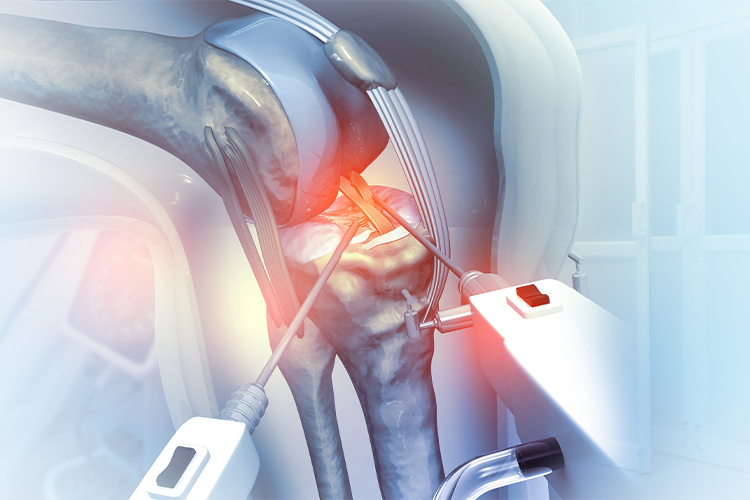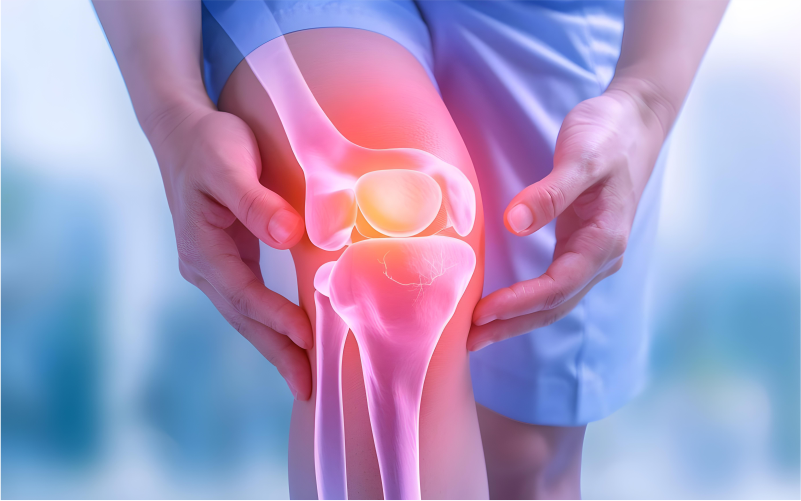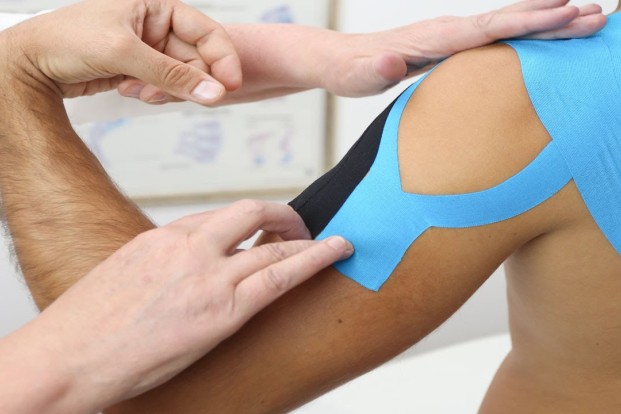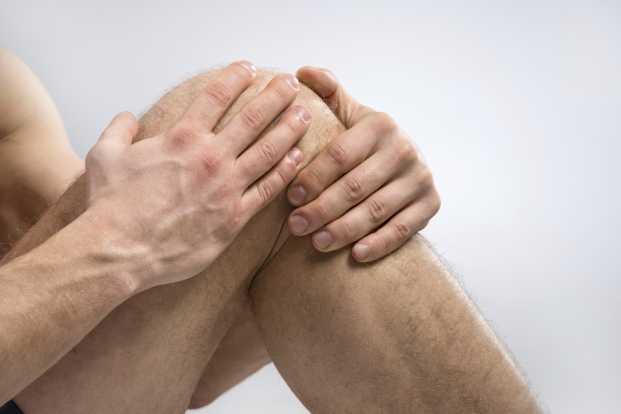What are the tests for Joint Pain?
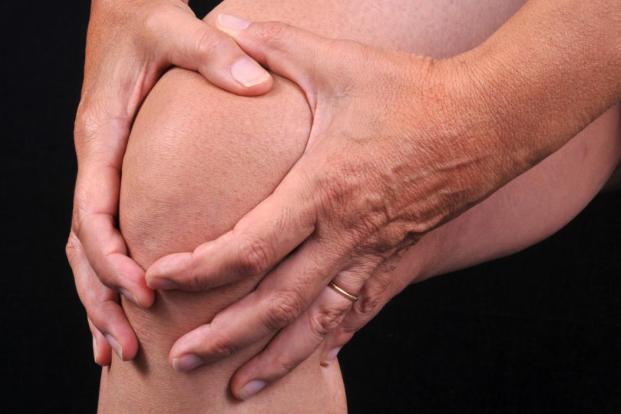
Apr 19, 2022
Given below are the tests for joint pain:-
A). Rheumatoid factor (RF)- RF antibodies get collected in the synovium or tissue lining of your joints. Rheumatoid factor (RF) is a protein made by your immune system that can destroyed healthy tissue in your body. Healthy people don’t make RF. So, the presence of RF in your blood can indicate that you have an autoimmune disease.
1. Increased joint pain and stiffness in the morning
2. Nodules under the skin
3. A loss of cartilage
4. Bone loss
5. Warmth and swelling of the joints

B) Erythrocyte sedimentation rate (ESR)- A high erythrocyte sedimentation rate may focus inflammation in your joints. Rate test isn’t a stand-single diagnostic tool, but it can help your consultant diagnose or monitor the progress of an inflammatory disease. An ESR test can help determine if you have a condition that causes inflammation. It includes arthritis, vasculitis or inflammatory bowel disease. An ESR may also be used to monitor an existing condition.
C) C-reactive protein (CRP)- This protein may also focus inflammation in your joints. CRP is produced in the liver and its level is measured by testing the blood. CRP is distinguished as an acute phase reactant, whose levels will rise in response to the inflammation. CRP is usually measured in milligrams of CRP per liter of blood (mg/L). Normal CRP levels are less than 3.0 mg/L. A high-sensitivity CRP test can detect levels below 10.0 mg/L


